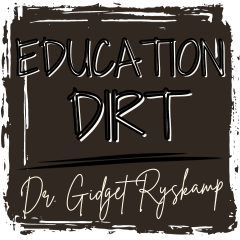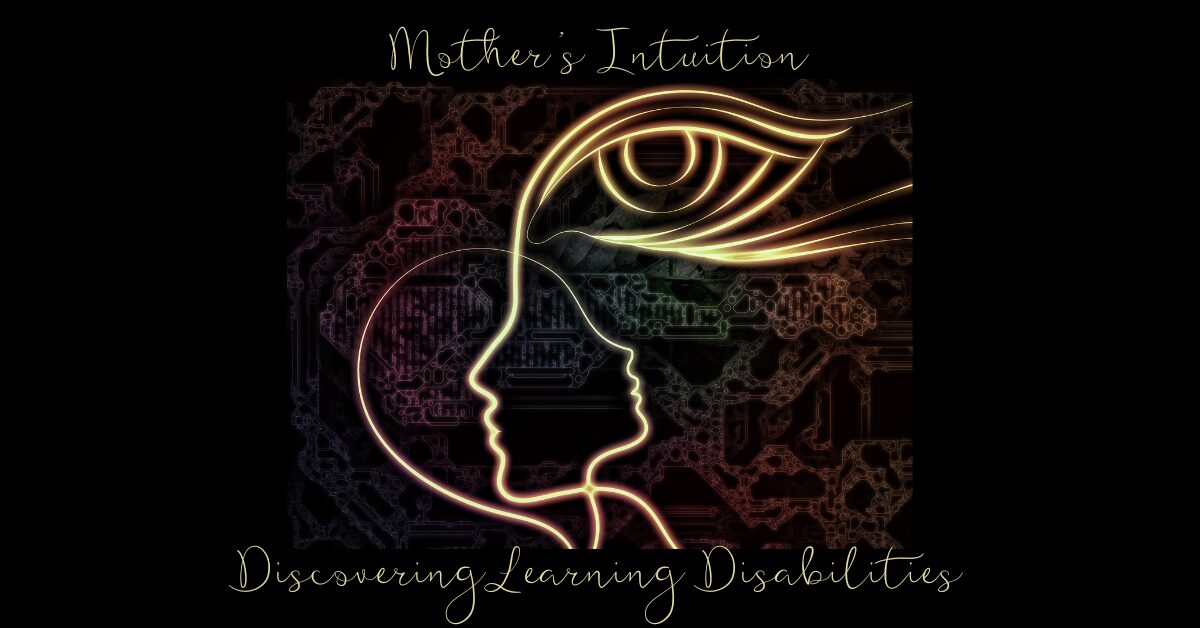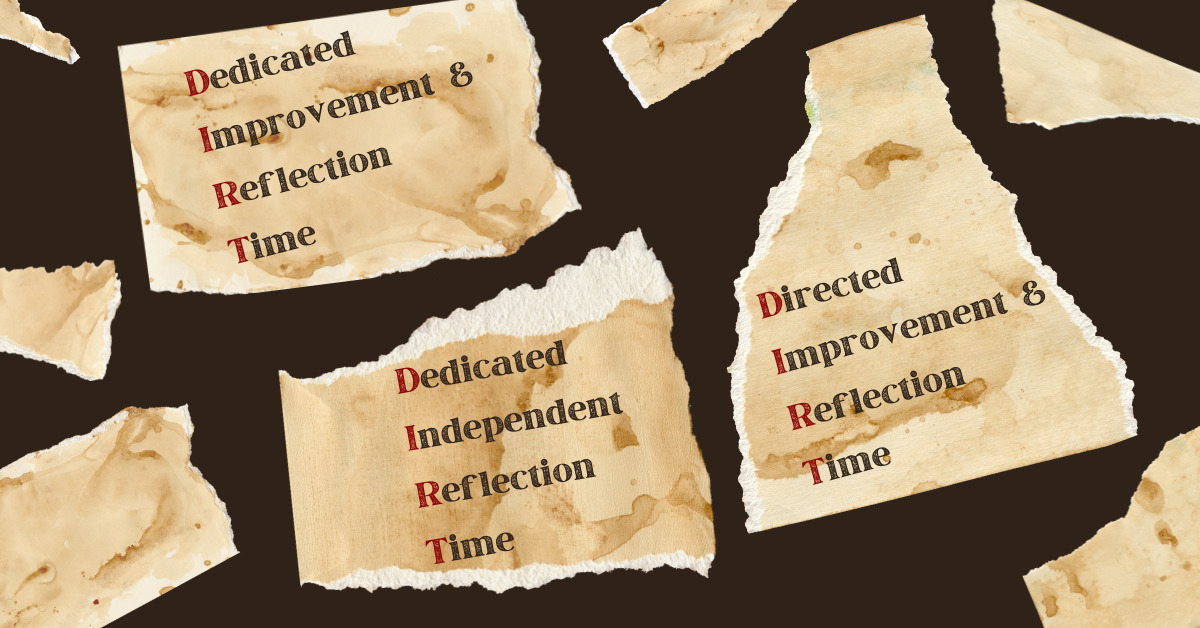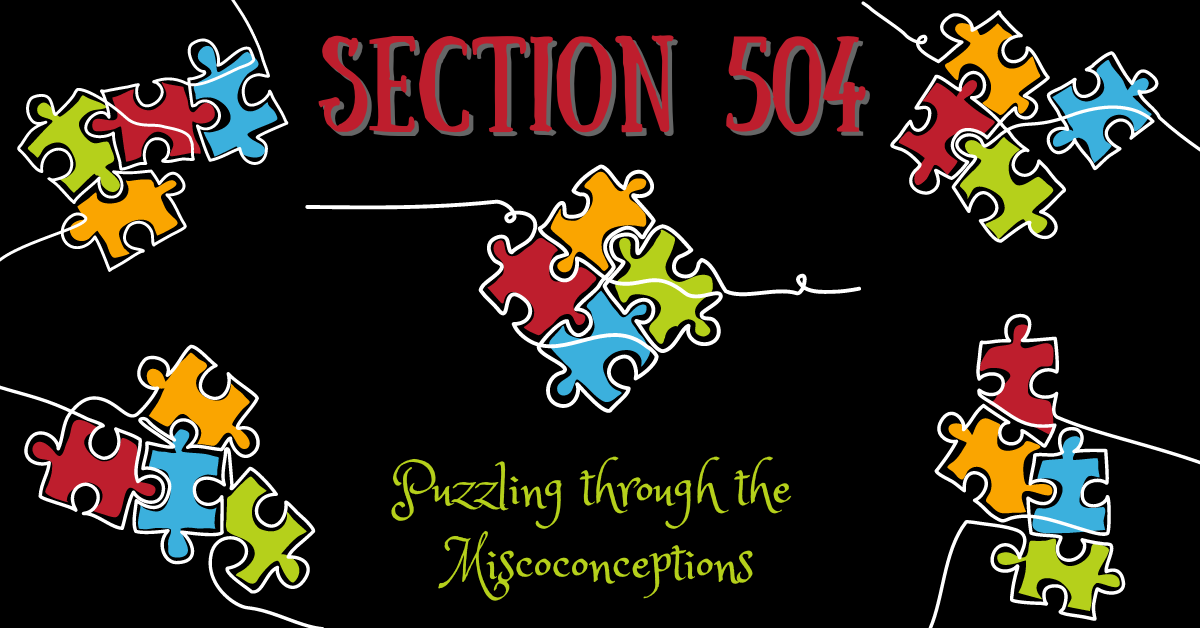In the ever-evolving landscape of education, there’s a transformative force that has the potential to revolutionize the way we learn – play. Beyond the traditional classroom boundaries lies a realm where curiosity is sparked, creativity is ignited, and knowledge is embraced with joy. Join us on a journey as we explore the magic of incorporating play into learning and discover the profound impact it can have on learning.

Play-based Learning Paradigm
Gone are the days of rote memorization and dull lectures. It’s time to usher in an era where learning is an adventure. Playful learning is not about abandoning academic rigor; rather, it’s about infusing excitement into the educational process. It’s a paradigm shift that recognizes the innate human desire to explore, discover, and interact.
Play-based learning yields substantial cognitive, emotional, and social advantages. Engaging in periods of play enhances learners’ focus, fosters relationship-building, boosts emotional intelligence, promotes cooperative work, and refines conflict resolution skills. In Advocating for Play: The Benefits of Unstructured Play in Public Schools, Parrott and Cohen (2020) highlight the positive impact of play on children, attesting that play improves concentration, mood, and the ability to socialize and forges new friendships within a school setting. Collaborative play establishes a community where children can navigate, interpret, and glean valuable lessons from meaningful social interactions.
While Parrott and Cohen concentrated on the use of unstructured play before and after elementary school hours, the incorporation of play can extend throughout the entire day in diverse formats. Whether in a structured setting like a classroom or linked to specific objectives and content, play can be seamlessly integrated to enhance the learning experience. Incorporating play-based learning necessitates careful consideration to ensure student engagement, a blend of skill and luck, a central focus on math, ease of differentiation for diverse learners, and the establishment of meaningful connections between home and school (Russo, Russo, and Bragg, 2018).
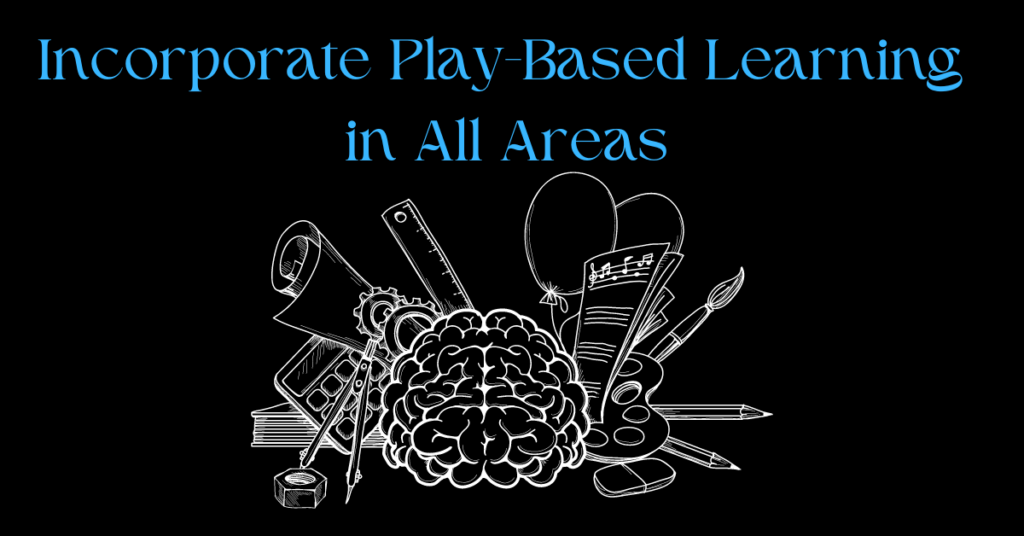
Considerations for Play-Based Learning
- Child-Led Exploration: Allow children to take the lead in their learning journey, fostering autonomy and a sense of responsibility.
- Multi-Sensory Engagement: Create learning experiences that engage multiple senses, making the educational process more immersive and memorable.
- Incorporating Play in Curriculum: Integrate play seamlessly into the curriculum, turning lessons into games, and activities into adventures.
- Social and Emotional Development: Through play, children develop essential social skills, emotional intelligence, and resilience, laying the foundation for a well-rounded individual.
- Structured and Unstructured Activities: Employ guided play under the direction of a teacher or facilitator to assist learners in using materials purposefully and enhancing their comprehension. Embrace open-ended free play to empower learners to follow their innate curiosity and cultivate genuine interest.
Incorporating Play-Based Learning
Use a variety of play-based learning strategies to let education meet play to a harmonious blend that sparks curiosity, fosters creativity, and paves the way for meaningful and lasting knowledge.
- Gamified Lessons: Turn lessons into games, introducing elements of competition and reward. Educational apps and platforms or commercial games can make this transition seamless, making learning engaging and interactive. Explore how a short word card game can enhance reading skills in Quiddler: A Playful Path to Spelling.
- Hands-On Experiments: Bring science to life with hands-on experiments. From simple chemistry experiments to DIY physics projects, students can explore concepts actively.
- Role-Playing Activities: History and literature come alive through role-playing. Encourage learners to step into the shoes of historical figures or characters from literature, promoting empathy and a deeper understanding of subjects.
- Storytelling Through Play: Language arts can benefit from storytelling through play. Let learners create and act out their stories, enhancing language skills and imagination.
- Outdoor Play and Nature Exploration: Take the classroom outdoors, where nature becomes a rich source of inspiration for hands-on learning experiences.
By incorporating play-based learning, we not only make education more enjoyable but also set the stage for a generation of lifelong learners. Let the adventure begin, and may the joy of learning guide us to new heights of knowledge and discovery.
References
Parrott, H. M. & Cohen, L. E. (2020). Advocating for play: The benefits of unstructured play in public schools. School Community Journal, 30(2), 229-254. https://files.eric.ed.gov/fulltext/EJ1276879.pdf
Russo, J., Russo, T., & Bragg, L. A. (2018). Five principles of educationally rich mathematical games. Australian Primary Mathematics Classroom, 23(3), 30-34. https://files.eric.ed.gov/fulltext/EJ1231221.pdf
